The BBC celebrated its centenary on October 18, 2022. Here, Mark Hill, Senior Vice President UK & EU of Ronati, dealer and TV presenter currently presenting Antiques Road Trip, looks at its long-term love affair with art and antiques programmes
The BBC celebrated its centenary on October 18, 2022 – a great time to ask what makes the perfect TV programme. History, mystery, the promise of money and a liberal sprinkling of stardust. It’s why police dramas and whodunnits have filled the airwaves for decades. But it also explains the enduring appeal of antiques programmes.
From the gentle and cerebral Going for a Song of the 1960s and 70s to the brash and breathless energy of Bargain Hunt in the new millennium, TV audiences have lapped up the various award-winning formulae, none more so than the queen of them all, The Antiques Roadshow, franchised in the United States since 1997, and then to other countries across the globe.
Just as our taste in antiques has changed over the years, so has our taste in programme formats and presenters.
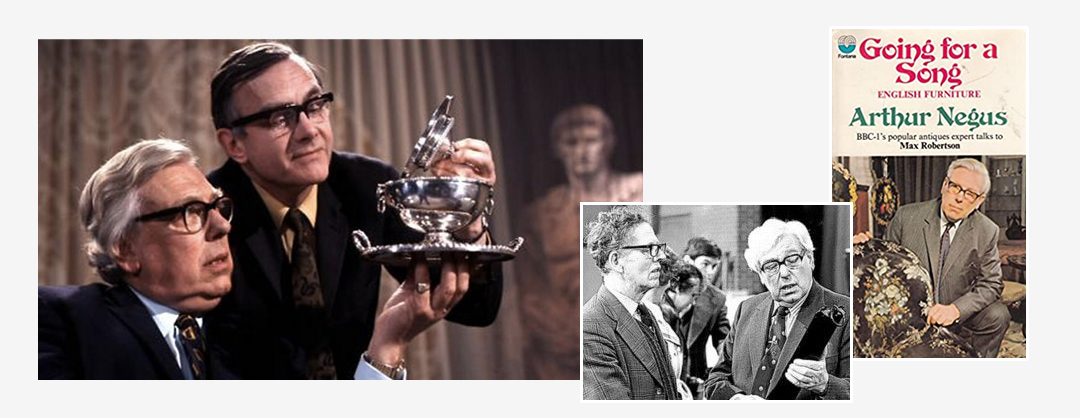
Images: BBC’s Going for a Song www.bbc.com/historyofthebbc/anniversaries/march/going-for-a-song/
Remember the gentle, softly spoken beguiling charm and expertise of the late great Arthur Negus as he caressed a pot or chair leg under the beady eye of Max Robertson in Going For A Song (1965-77)? It was the ‘Grosvenor House’ of antiques programmes, focusing on art and craftsmanship; but even it could not resist the great ‘value’ reveal at the end, setting the precedent for everything that was to follow.
Some programmes made the challenge more interesting, with contestants buying retail (from dealers) and then attempting to sell wholesale (at auction). A nice idea and essential for TV drama, but outside the realm of TV a road to ruin for all but the canniest experts among us, especially after they stopped overlooking transactional expenses such as vendor’s commission in the saleroom.
As the public became savvier about auctions, programmes adapted; they started talking about auction fees and how these had to be considered. The Roadshow took the trouble to explain why valuations could be different for the same item (insurance, replacement, auction estimate, or sale to a dealer).
One or two programmes focused less on turning a buck and more on the delights of the objects themselves and what counted in any collecting field, from craftsmanship and rarity to individual makers and historic associations. Sustainability, recycling and upcycling are now growing features of today’s antiques shows – antiques and vintage truly are green.
The BBC’s core values have long been to inform, educate and entertain; its art and antiques shows all do just that. And its influence has spread to other channels, all keen to replicate the successful formats of those who have gone before. As the BBC itself officially becomes an antique, it’s time to salute those achievements by picking out a few of the best here.
1965-1977 (BBC One)
Antiques Quiz Show and forerunner to the Antiques Roadshow
Arthur Negus (1903-85) was the first BBC Antiques star as resident expert on the show (awarded OBE, 1982) Antiques Roadshow (1979-83)
As host, Max Robertson would field a panel of antique experts, valuers and celebrity panellists, pitching them against each other in assessing objects for identification, date and value. Negus would then reveal all and show how accurate they had been.
A highlight of the show was the interlude during which Arthur Negus would lovingly present a piece of furniture, describing its salient features and celebrating the craftsmanship that went into it.
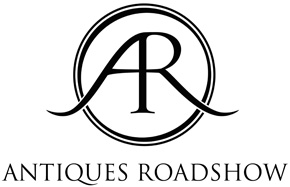
1979- (BBC One)
The biggest, longest-running show of all, franchised across the world and now 43 years old.
Airing since 1979, it spawned multiple international versions, with episodes filmed on location all over Britain and occasionally further afield. Featuring multiple specialists, it gained its popularity for creating local events involving thousands of members of the public, whose own possessions – often previously disregarded in attics, dusty cupboards or on bookshelves – were at the core of the drama, especially when it turned out that they were lost treasures or fakes.
One of the most memorable discoveries was a lost painting by the Victorian artist Richard Dadd, The Artist’s Halt in the Desert, uncovered in Barnstaple, Devon in 1986 and later sold to the British Museum for £100,000.
The height of the drama is always the owner’s reaction when given a value.

2000- (BBC One)
This programme introduced us to the greatest showman of them all, the man with the tan, David Dickinson, whose brash showbiz style attracted both a keen following and much derision at the hands of satirists and comics. Importantly, though, the Dickinson glitz was accompanied by serious knowledge garnered in his decades as a dealer, helping him to identify ‘real bobby-dazzlers’ and pieces that came ‘cheap as chips’. Like the Antiques Road Trip, the format was all about winkling out bargains, here from markets and fairs, and then selling them on at auction. Unlike the Antiques Road Trip, the contestants were ordinary members of the public rather than experts, with the occasional sprinkling of celebrities to spice things up.
Dickinson’s success meant he left in 2004 to present his own show, Dickinson’s Real Deal. At that point former Sotheby’s director Tim Wonnacott, already involved in the programme, took over as host, remaining in place until 2016 and joined by a team of experts, several of whom, such as Charles Hanson and Christina Trevanion, went on to develop major media profiles.

2002-2020 (BBC Two, BBC One)
Presented by antiques dealer Paul Martin, the format copied that of the Antiques Roadshow except that, having brought in their pieces for assessment, the public then had the opportunity to sell them at auction.
2002-2012 (BBC One) Revived by Channel 5 (2022-)
Its tag line was “The show that helps you find hidden treasures in your home, and then sells them for you at auction.” The difference from other programmes was that it involved the presenter visiting a contestant’s house to discover why they needed to raise money before looking for items of potential value around the property. With the help of experts, they then selected pieces for sale at auction, with the aim of raising the money needed. Presenters included Angela Rippon, Jennie Bond and Gloria Hunniford, among others.
2010-2012 (BBC Two) BBC One (2013-)
Travel meets theatre in this entertaining format that sees a pair of experts head off together in a classic car to often far-flung destinations around the UK in search of bargains and treasures. This is all about buying to sell on at the biggest profit, with the experts competing against each other to make the most money. Buying in antique shops and centres, they harness their knowledge to identify hidden gems that they then put into auction, where they hold their collective breath as the bids come in. Any profits made go to charity.
Celebrity Antiques Road Trip (BBC Two 2011-) brought in famous faces to add to the mix.
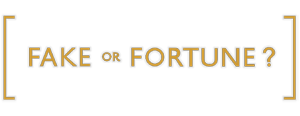
2011- (BBC One)
Very different from the rest, this upmarket documentary-format series of investigations still has the hallmark ‘reveal’ moments that echo both the usual antiques programmes and police dramas.
The investigative team comprises high-profile TV journalist and presenter Fiona Bruce with fine art dealer Philip Mould, both stalwarts of the Antiques Roadshow. Bruce and Mould have an excellent eye for a story and sense for TV drama as they follow leads around the world to discover the origins or individual artworks. Uncovering vital documents, bringing in specialists and using forensic evidence, they test the validity of each piece against a backdrop of high production values. This leads to many memorable episodes involving important artworks attributed to the likes of L.S. Lowry, Claude Monet and others.
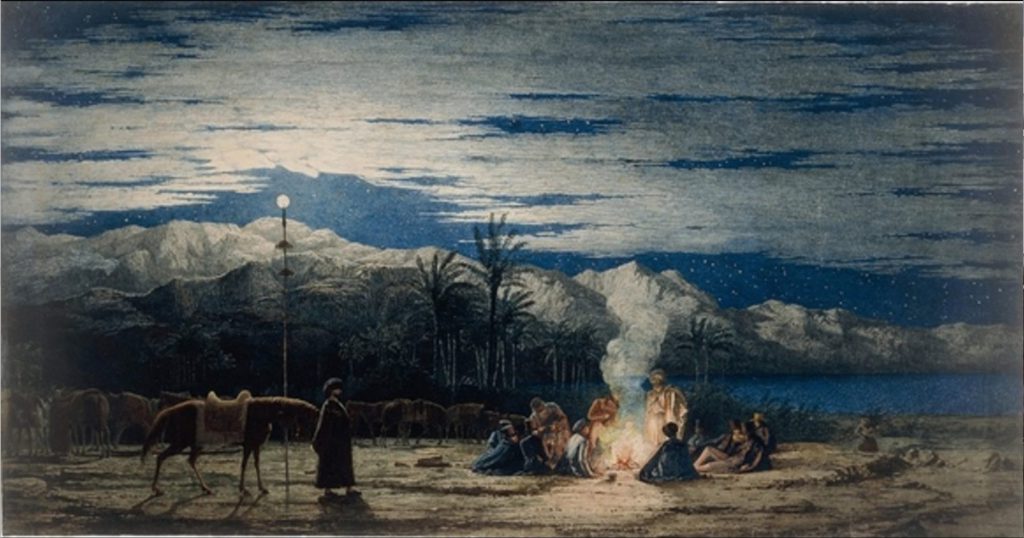
The Artist’s Halt in the Desert, by the Victorian artist Richard Dadd. Discovered in Barnstaple, Devon in 1986, it later sold to the British Museum for £100,000.

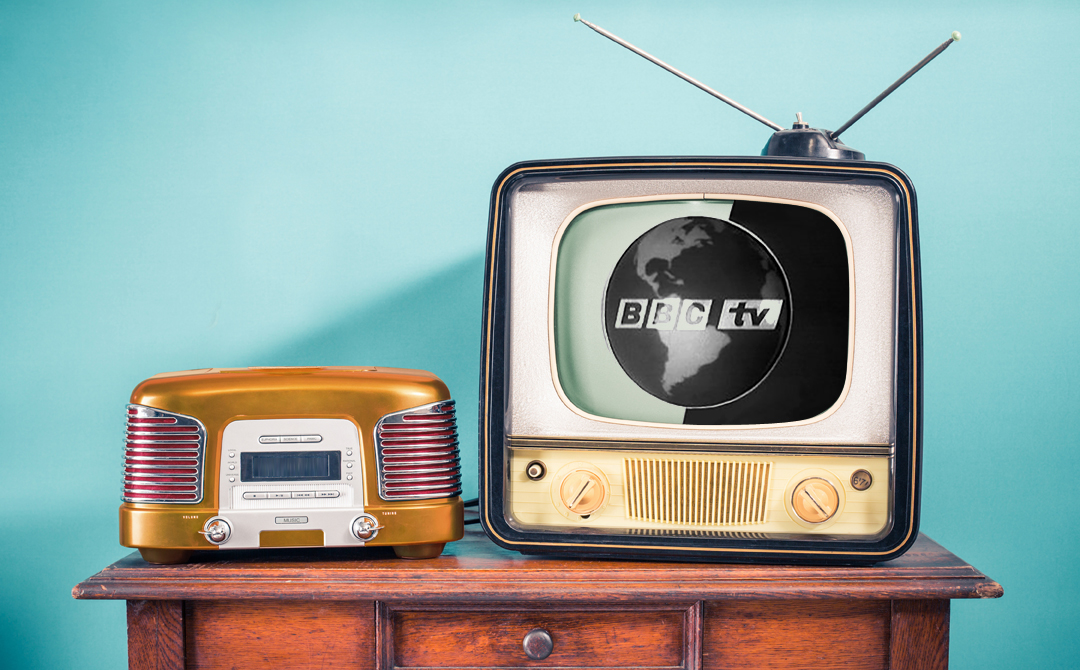


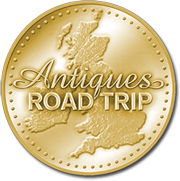

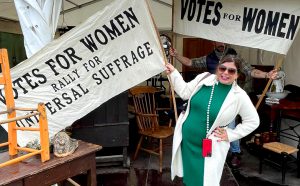

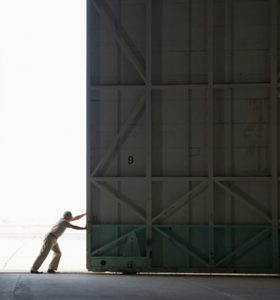
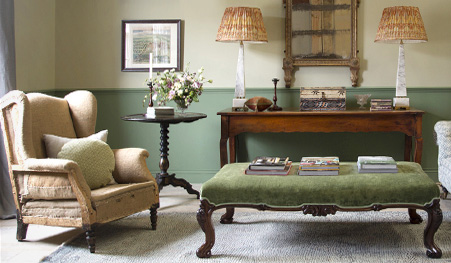
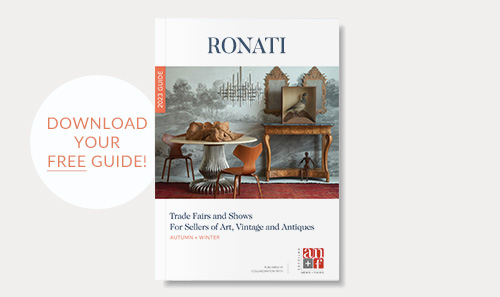

Leave a Reply